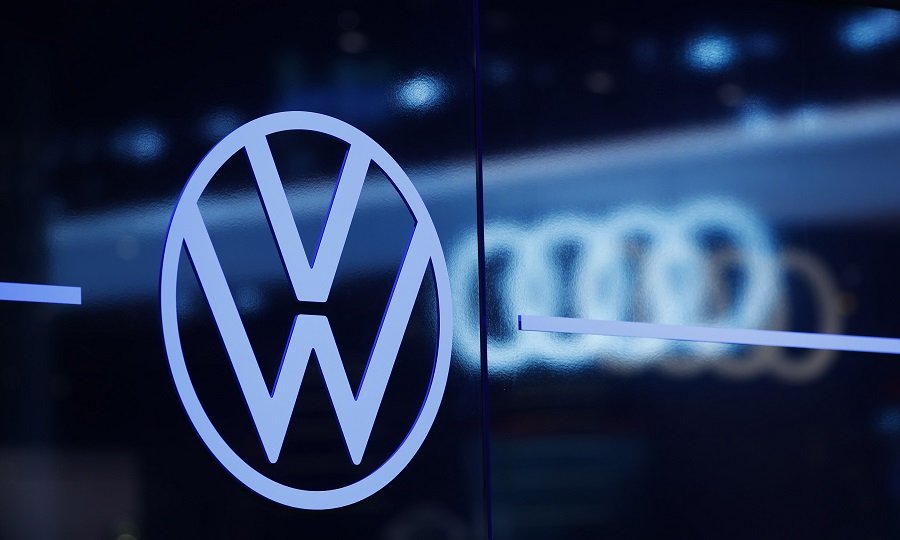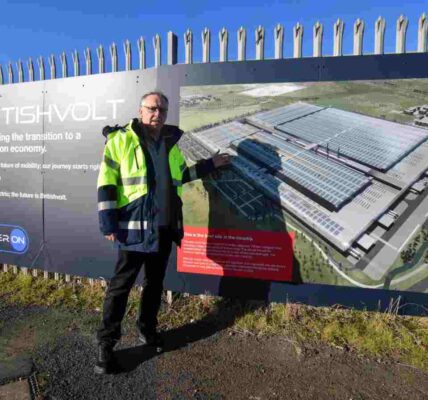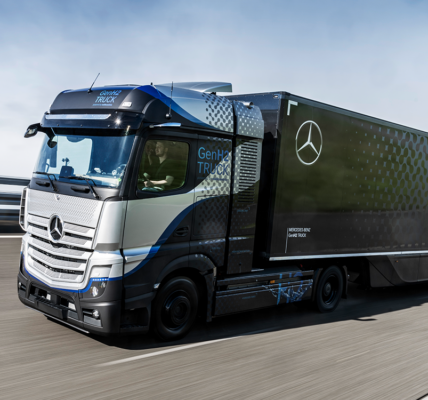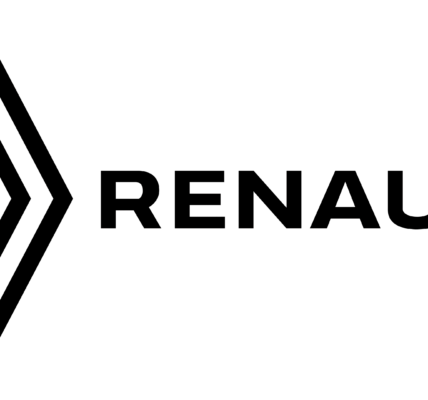Volkswagen AG said it would invest in six large battery factories and build out charging infrastructure, highlighting some global auto makers’ push to take control of battery making as electric vehicles boom.
The world’s automotive industry is pivoting to electric vehicles to meet new emissions requirements and rushing to establish the vast infrastructure—from battery factories to charging networks—needed to sustain the growing market.
Demand for electric vehicles has soared in Europe thanks to generous government incentives for buyers, making it the world’s largest market for the battery-powered vehicles. In the U.S., General Motors Co. is building a $2.3 billion battery plant in Ohio with Korea’s LG Chem Ltd. and recently said it is exploring building a second plant.
Volkswagen, the world’s largest car maker, announced a shift in strategy on Monday that would see it take control of battery production and high-speed charging networks in coming years.
The first step is a restructuring of its partnership with Northvolt AB, the Swedish battery startup in which Volkswagen took a 20% stake in 2019. The German auto maker will increase its stake in Northvolt and order an additional $14 billion of batteries from the company through 2030. Northvolt will produce high-end batteries for Volkswagen’s premium cars.
Meanwhile, Volkswagen will acquire Northvolt’s stake in their joint venture in Salzgitter, Germany. The auto maker aims to take control of the Salzgitter battery plant to expand it and manufacture batteries for its mass-volume brands in a move that it says could achieve cost savings of up to 50%.
By the end of the decade, Volkswagen said it planned to build four additional battery factories in Europe to secure a total of at least 240 gigawatt hours of battery capacity as it seeks to boost electric cars to 75% of its new car sales by 2030.
“We aim to reduce the cost of the battery and at the same time increase its range and performance,” said Thomas Schmall, the company board member in charge of technology and components.
Tim Bush, an analyst with UBS, said the auto industry could soon face shortages of battery cells, potentially impeding production—as has recently happened with a shortage of semiconductors. European electric-vehicle production, he said, could outpace battery supply this year, meaning European auto makers might need to rely on Asian imports for years to come.
“You’re going to have tightness to the end of the decade in Europe,” Mr. Bush said. “There will be a period of time where Asia will still be filling the gap between what Europe needs and what Europe has.”
In addition to startups like Northvolt, big Asian battery manufacturers are building and expanding battery capacity in Europe. China’s Contemporary Amperex Technolog Co. is building a plant in eastern Germany, while LG Chem has expanded operations in Poland. Another Korean battery maker, SK Innovation Co. , has plans to build a third plant in Hungary, and China’s SVolt Energy Technology Co. is building a plant in western Germany.
Volkswagen’s bid to build batteries is one of the biggest efforts in the automotive industry to secure supply and increase control of the technology.
With the exception of electric-vehicle juggernaut Tesla Inc., most auto makers aren’t running their own charging networks. But with limited charging opportunities often holding consumers back, Volkswagen has shifted gears and announced plans to operate 18,000 public fast-charging stations in Europe by 2025.
In addition to the company’s existing European joint venture Ionity—which also involves BMW AG , Ford Motor Co. , and Daimler AG —the total includes 8,000 fast-charging stations in Europe that Volkswagen said it would build with BP PLC, half of which would be at BP and Aral filling stations. In Italy, Volkswagen will team up with Enel SpA, the power company, and in Spain with electric utility Iberdrola SA
That is in addition to the German auto maker’s Electrify America venture to build 3,500 charging stations in North America and its target of building 17,000 fast-charging stations in China.







